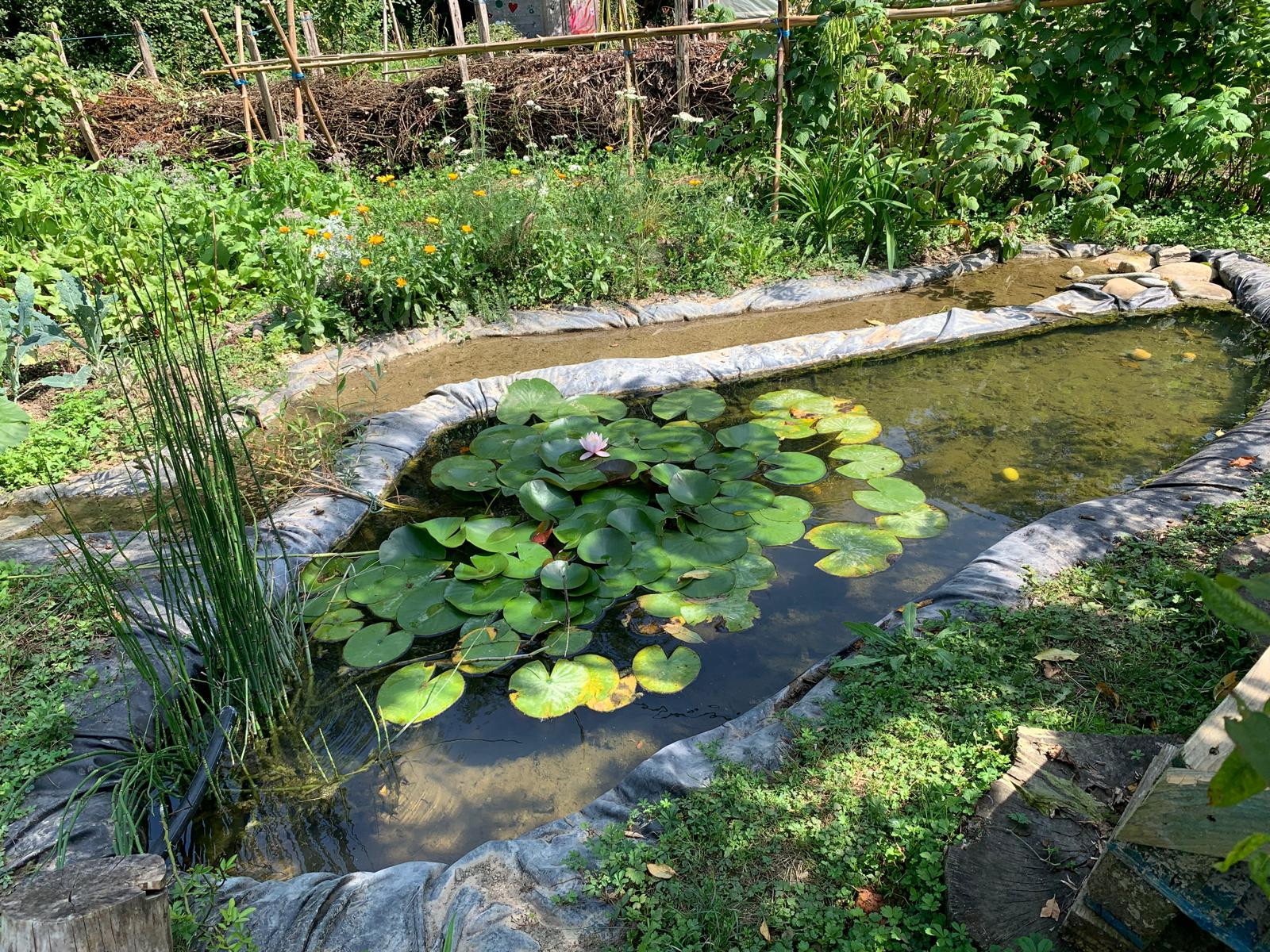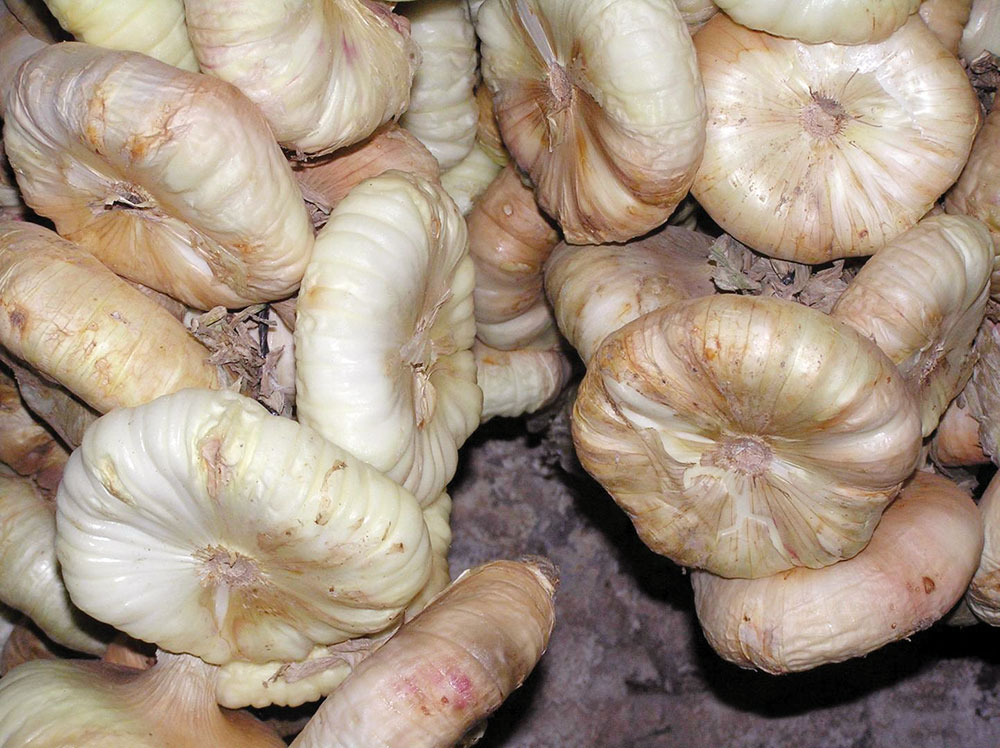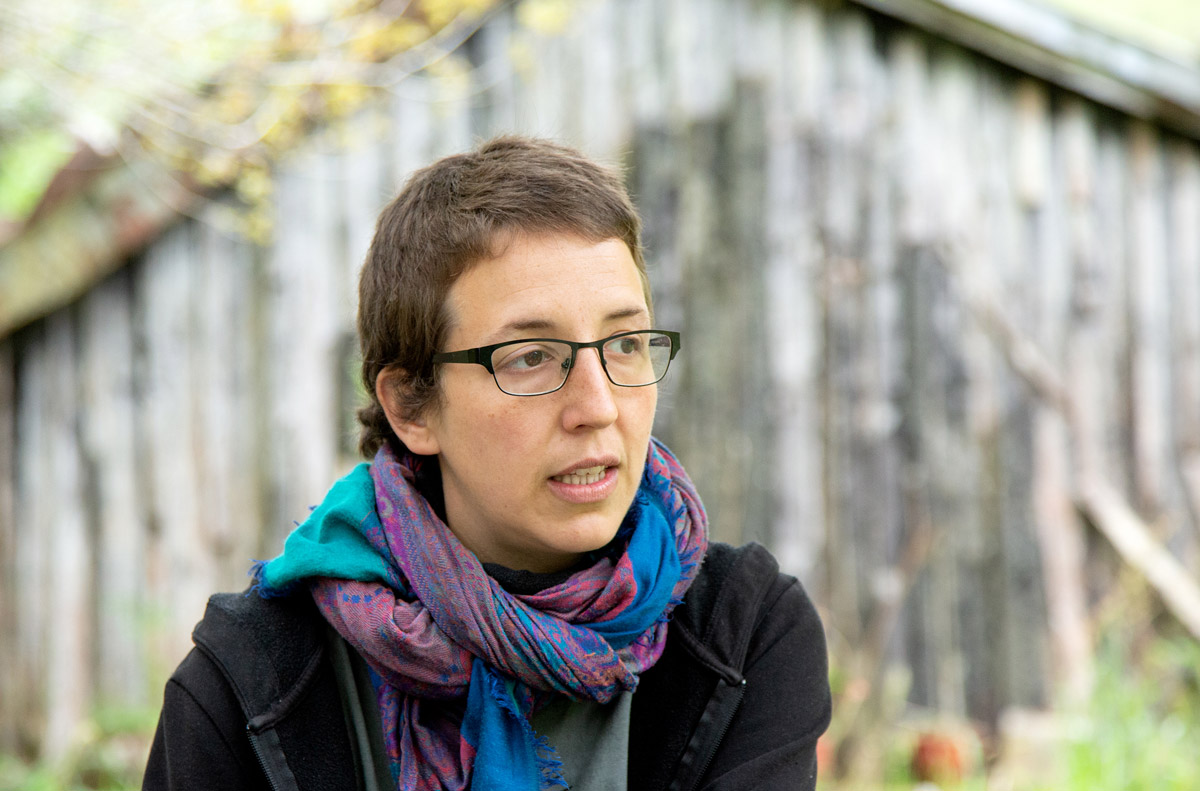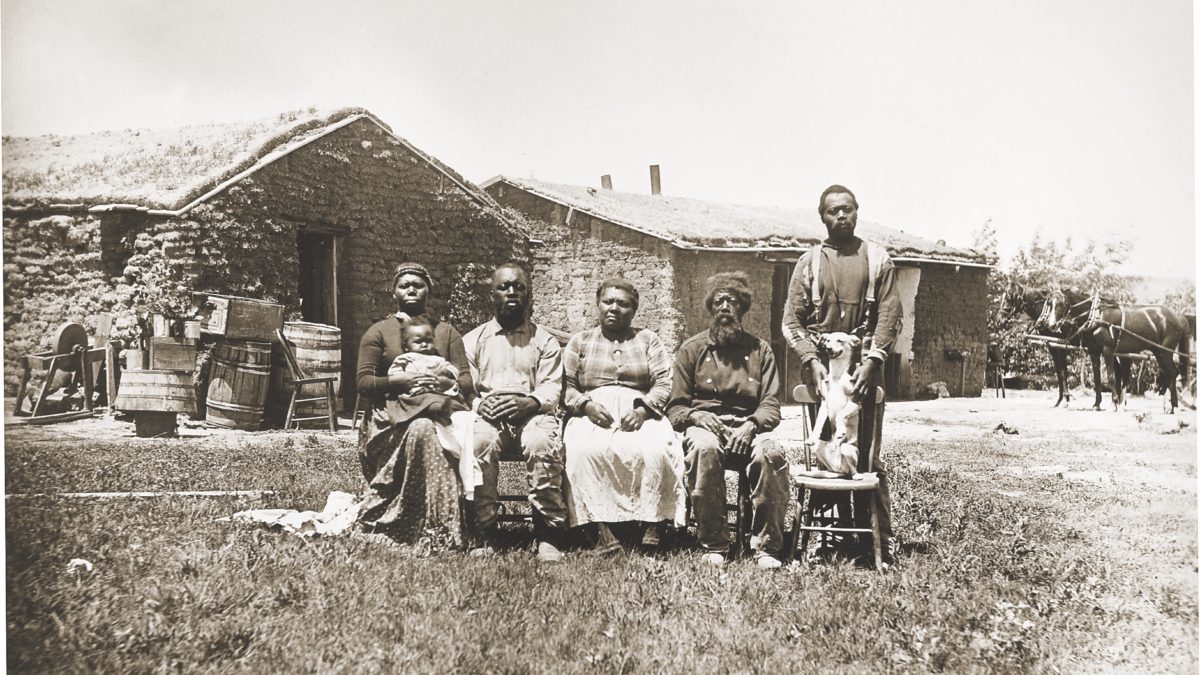From the sky, Miss Moztare
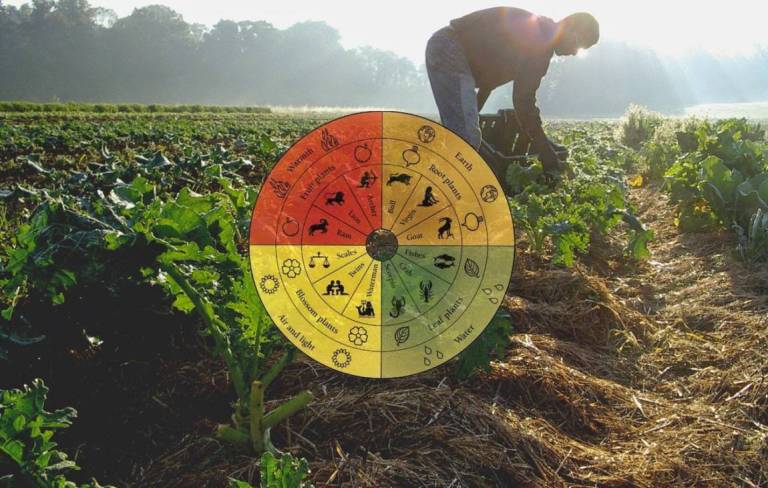
In the world of agricultural sciences, reductionism has predominated, that is to say, that of short vision. The ugly term reductionism means a system or a form of being complex that can be expressed through the parts that make up it. For example, if the plant is sick, some fertilizers will be administered and it will recover; or if it is a pest, the medicine will be administered and it will run out. Males and females, among agronomists, would have no great difficulty in dividing the Miss Moztare diploma.
Those who work in capitalist or industrial agriculture are also aware. It is becoming more and more evident: we must think of complete systems. The chemical analysis of a soil will give us some measures, but then we have to know how to adapt it to each place and condition. For reductionists, biological processes of life can be brought to pure chemistry, and chemistry is explained by physics. In the last century it was called a green revolution, stating that with pesticides and chemical synthetic fertilizers would end hunger in the world. However, when simple solutions are used, the desired results are not obtained, and this same procedure leads us to use increasingly complex resources. Time.
Holistic is at the opposite end: systems function as ensembles and are not a simple sum of their components. It's a big step to understanding the earth. The Earth is a terribly complex system, and the life and vitality that gives it this same complexity are the basis of plants and other living beings. In fact, Earth is on Earth, and Earth is not an isolated planet, but is part of a very complex system. The way of life of plants on earth is developed in this system. Plants need land, but also the sky. All the sky, the atmosphere, the sun, the moon, etc. That's called "biodynamics."
Until yesterday, many scientists, who know what they know today, have become consumers of the ecological revolution. Some of them, today, are shameless until they offend biodynamic agriculture. Wait a bit.
It has small, hairy leaves on the bottom and extends the head between 20 and 40 cm. It's known as Bulgarian Viagra, Scarid Sideritis. It's a blue-like plant, because its hair gives it a bluish color. It lives in the rocky spots of the high mountains and everyone who has lived in... [+]
"Pain is pain, it's not guindilla, it's skirts and it's not lady, it's burrs and it's not man." It is an invention received by the fraile Kandido Izagirre. The answer, as she says: chives. The onion or the trick, Allium cepa, has just crouched. The onion has an upright moño leaf on... [+]
Hiri handitik ezin ateratzeak ernatu du nigan berde behar bitxi bat, orain artean sekula ezagutu gabea. Ados, beti izan zait atsegingarri berdetasuna begiestea mendian, basoan, golf zelaian, baina oraingo hau da, seguru obligazioak behartua, ia-ia bitala, arnasten dugun airea... [+]
AEBetako hiri baratzeei buruzko erreportajeetan jende beltzik ikusi baduzu seguru izan dela bazterketa sozialari aurre egiteko edo ezintasunen bat duten pertsonak bergizarteratzeko programaren baten baitan. Baina beltz bat abeltzain edo gari soro baten jabe? Aldiz, historian ez... [+]










